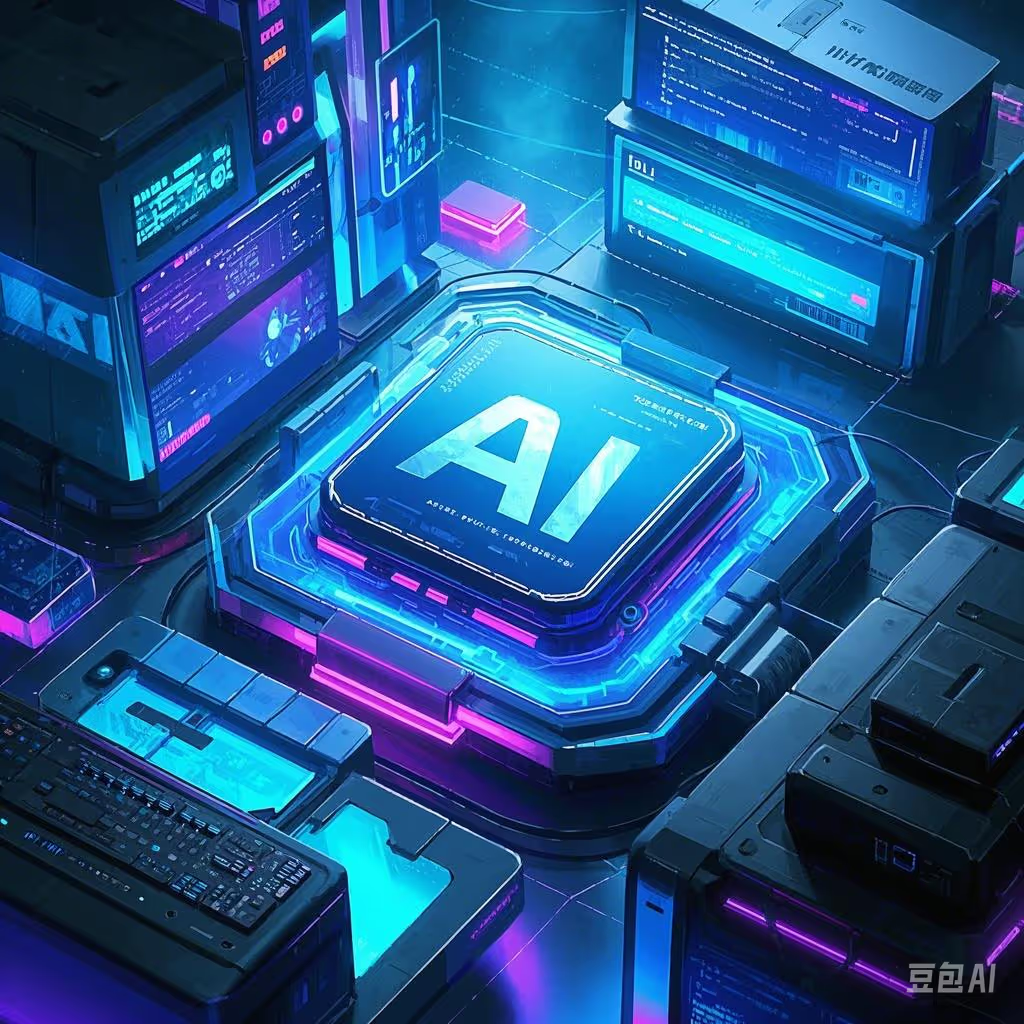What is AI?

Definition
- AI represents the capability of machines, often implemented through computer programs, to mimic human intelligence.
- It aims to empower computers to make decisions, think, and act like humans, tackling complex tasks that are either unmanageable or inefficient for humans, such as natural language processing, recommendations, intelligent data retrieval, and predictions.
Technological Components
- AI encompasses a multitude of technologies and algorithms, including but not limited to deep learning, machine learning, computer vision, and natural language processing.
- Neural networks, a crucial computational model in AI, learn from vast datasets to recognize objects in images, analyze sentences, process audio, and more.
Working Principles
- The working principle of AI involves simulating human learning processes, enabling machines to identify patterns and features from data, and using this acquired knowledge to accomplish various complex tasks.
- The process typically involves data collection and processing, machine learning (extracting patterns and features from data, optimizing algorithms and models), reasoning, prediction, or execution of actions.
Application Domains
- AI has been widely applied across various sectors, including healthcare, finance, education, transportation, manufacturing, and more, becoming a significant driver of social progress and economic development.
- In healthcare, AI can analyze data to accurately diagnose patients, suggest treatments, and enhance medical decision-making efficiency and accuracy.
- In smart manufacturing, AI-powered industrial robots can execute intricate production tasks, boosting productivity and product quality.
Development Stages
- AI’s development is generally categorized into weak AI, strong AI, and superintelligent AI. Currently, AI primarily operates at the weak AI stage, capable of solving specific problems but not yet fully replicating human intelligence.
Future Prospects
- With the continuous advancement of computer technology, AI technologies will find applications in even more domains, offering increased convenience and innovation.
- Future AI may evolve into superintelligent AI, ubiquitous in daily life, taking on a broader range of tasks and applications.
In summary, AI is a technology that mimics human intelligence, utilizing learning and optimization algorithms to enable machines to accomplish complex tasks. It has demonstrated immense potential and value across multiple sectors and will continue to propel societal progress and economic growth.
Published on 2024-09-12, Updated on 2025-09-30

